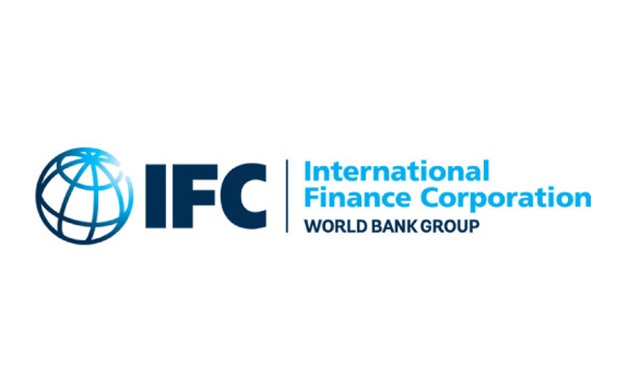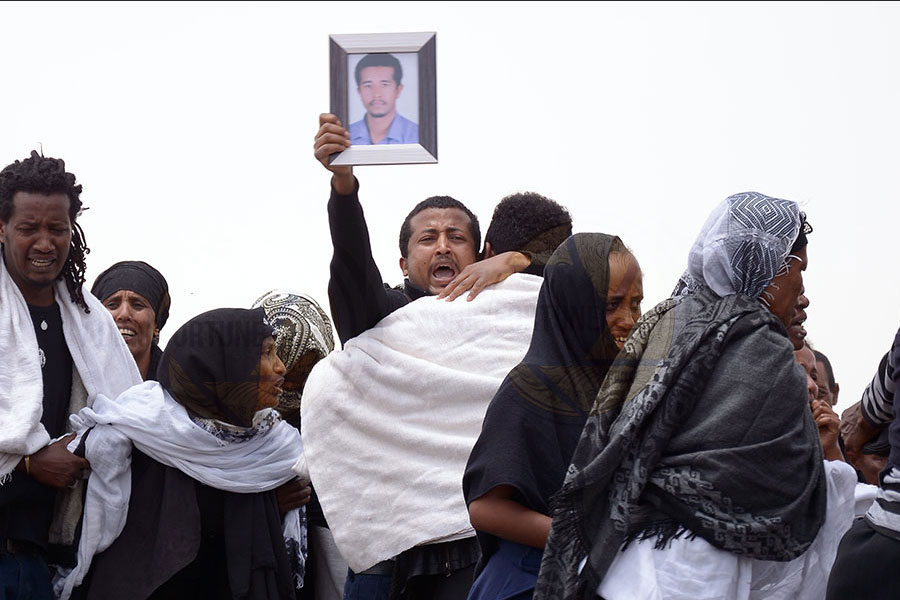
Advertorials | Oct 23,2019
Sep 28 , 2019
By TEMESGEN MULUGETA ( FORTUNE STAFF WRITER )
 Ethiopian Tourism in collaboration with the International Financial Corporation (IFC) is preparing both a meetings, incentives, conferences and exhibitions (MICE) and a stopover tourism strategy to increase Ethiopia's tourism competitiveness.
Ethiopian Tourism in collaboration with the International Financial Corporation (IFC) is preparing both a meetings, incentives, conferences and exhibitions (MICE) and a stopover tourism strategy to increase Ethiopia's tourism competitiveness. Ethiopian Tourism in collaboration with the International Financial Corporation (IFC) is preparing both a meetings, incentives, conferences and exhibitions (MICE) and a stopover tourism strategy to increase Ethiopia's tourism competitiveness.
The strategies, part of one million dollars of technical support and capacity building cooperation between the two, have been under preparation for the last six months.
The MICE and stopover tourism strategies are 10-year and four-year strategies, respectively, and are expected to be operational in the middle of the current fiscal year.
"Most transit travelers spend up to 20 hours at Bole International Airport, and the stopover strategy will allow them to visit some places and spend time and money," said Sileshi Girma, CEO of Tourism Ethiopia.
The MICE and stopover tourism strategies are 10-year and four-year strategies, respectively, and are expected to be operational in the middle of the current fiscal year.
The world’s first stopover tourism strategy was launched in the 1950s, and nations began investing heavily in this strategy in 2010 amid the financial crisis.
“Even though the country is a conference destination, we can’t get large benefits from visitors because of the absence of strategies, infrastructure and cooperative work between stakeholders,” said Kumneger Teketel, managing director of Ozzie Business & Hospitality Group and Addis Abeba Convention bureau director.
Since Addis Abeba's Bole International Airport has become the largest air transit hub in Africa through an expansion and upgrade, liberalisation of Ethiopia’s visa policy, expansion of the domestic flight network and increased accommodation capacity are the recent developments that have led to the development of a stopover tourism strategy.
Expensive domestic flights, limited hotel capacity in key destinations, poor customer service and concerns over hygiene issues are challenges to Ethiopian stopover tourism that were mentioned during the discussion.
From July 2018 to June 2019, Ethiopian Holidays, the tour operator wing of Ethiopian Airlines, had 4,150 stopover package clients.
In 2018 Ethiopia took a three percent share of the African conference market and generated 12.5 million dollars.
The hotel industry is expanding at a fast pace in the city, which is a seat for the African Union and the United Nation's Economic Commission for Africa and 100 diplomatic missions.
One expert in the tourism sector appreciates the two strategies.
“The main problem in the Ethiopian tourism sector is the absence of promotional activities on international media,” said Yonas Moges, managing partner of Calibra Hospitality Consultancy & Business.
“The Addis Abeba Tourism Bureau and Tourism Ethiopia should also work with the AU and ECA convention centres to achieve what is expected from the sector,” Yonas added.
PUBLISHED ON
Sep 28,2019 [ VOL
20 , NO
1013]

Advertorials | Oct 23,2019

Sunday with Eden | Jul 08,2023

Fortune News | Jan 07,2023

Viewpoints | Jan 25,2020

Sunday with Eden | Sep 10,2023

My Opinion | Jan 13,2024

Films Review | Mar 21,2020

Viewpoints | Oct 02,2021

Fortune News | Mar 16,2019

My Opinion | Nov 06,2021

Dec 22 , 2024 . By TIZITA SHEWAFERAW
Charged with transforming colossal state-owned enterprises into modern and competitiv...

Aug 18 , 2024 . By AKSAH ITALO
Although predictable Yonas Zerihun's job in the ride-hailing service is not immune to...

Jul 28 , 2024 . By TIZITA SHEWAFERAW
Unhabitual, perhaps too many, Samuel Gebreyohannes, 38, used to occasionally enjoy a couple of beers at breakfast. However, he recently swit...

Jul 13 , 2024 . By AKSAH ITALO
Investors who rely on tractors, trucks, and field vehicles for commuting, transporting commodities, and f...

Nov 1 , 2025
The National Bank of Ethiopia (NBE) issued a statement two weeks ago that appeared to...

Oct 25 , 2025
The regulatory machinery is on overdrive. In only two years, no fewer than 35 new pro...

Oct 18 , 2025
The political establishment, notably the ruling party and its top brass, has become p...

Oct 11 , 2025
Ladislas Farago, a roving Associated Press (AP) correspondent, arrived in Ethiopia in...